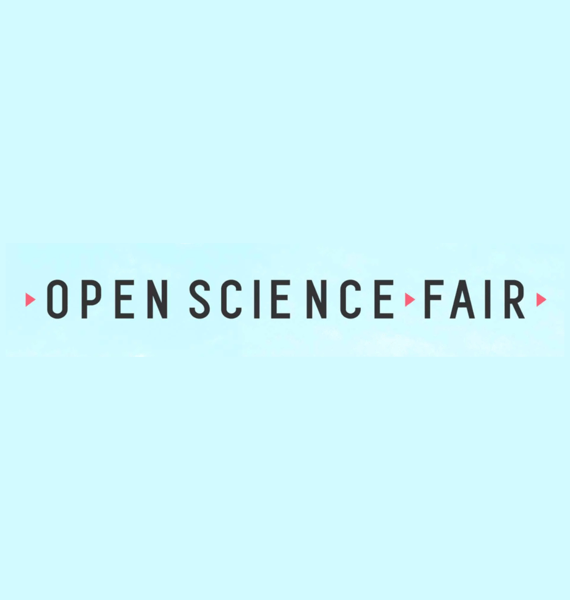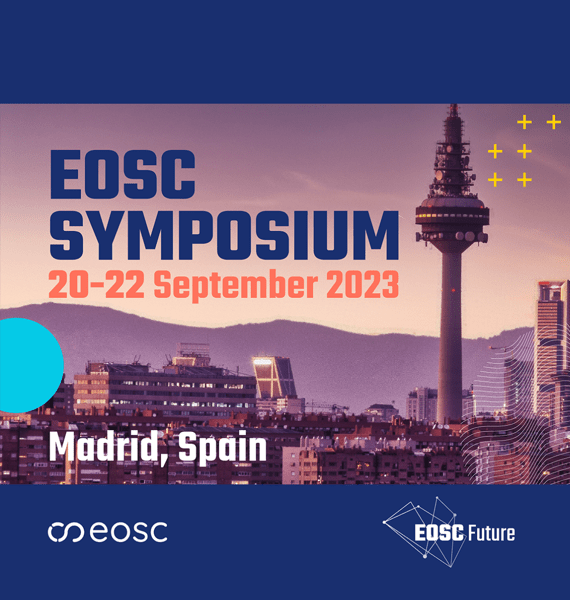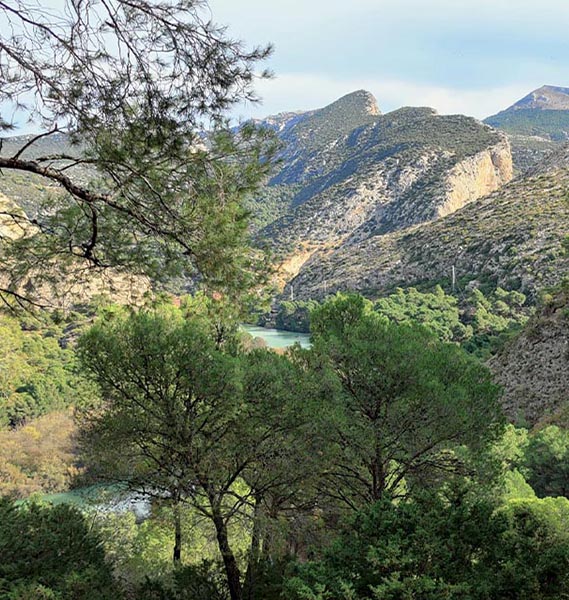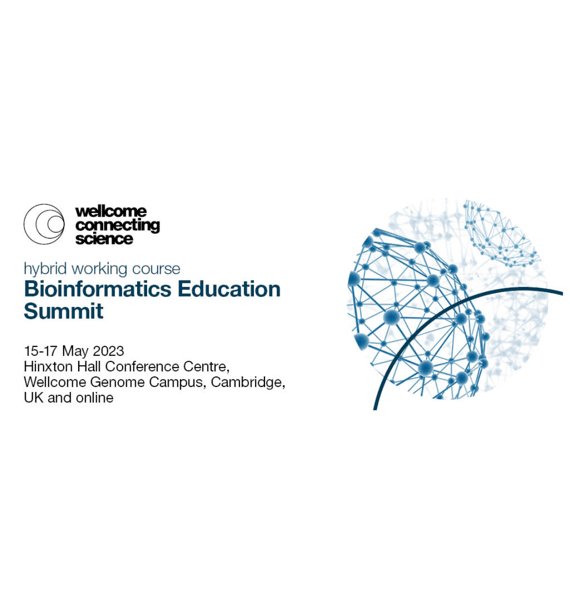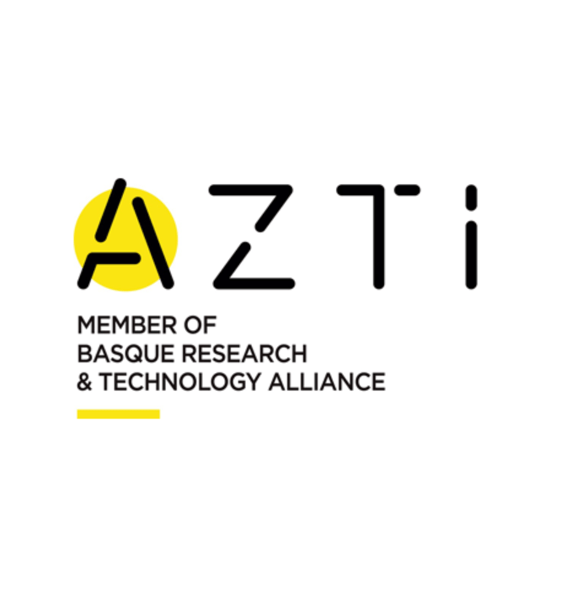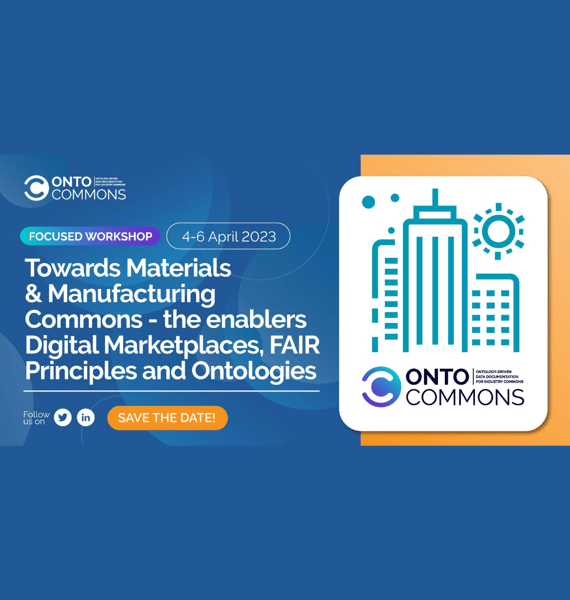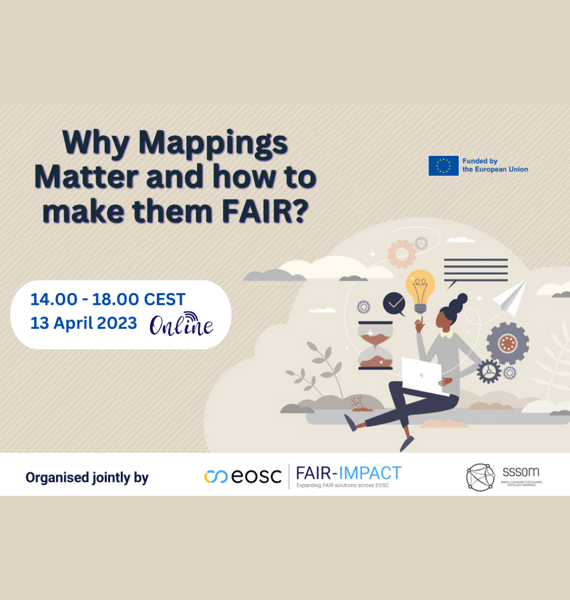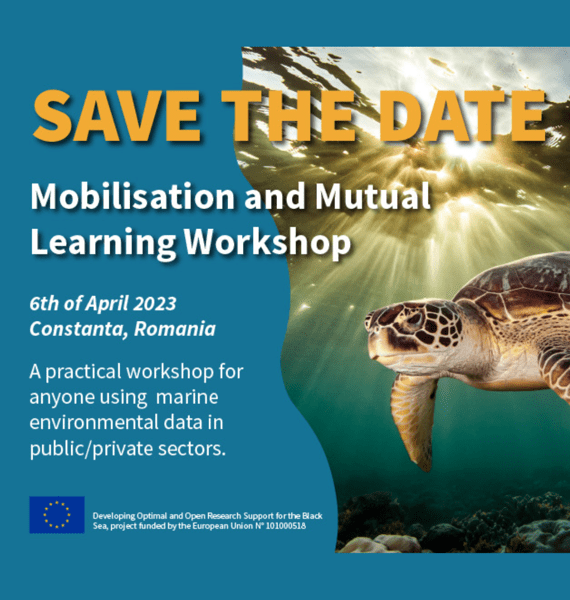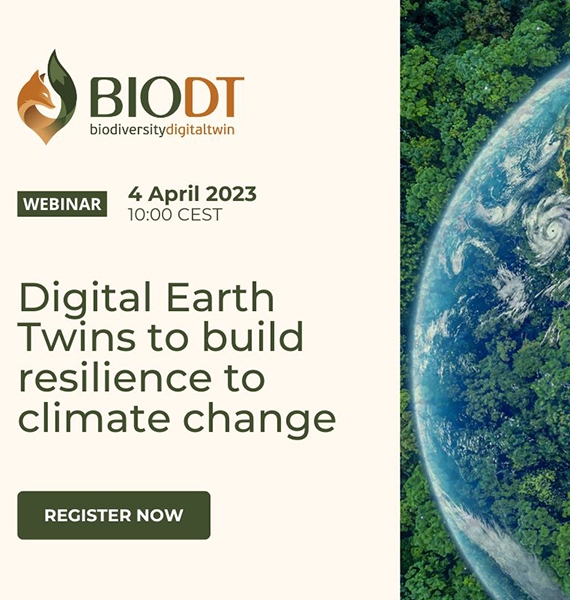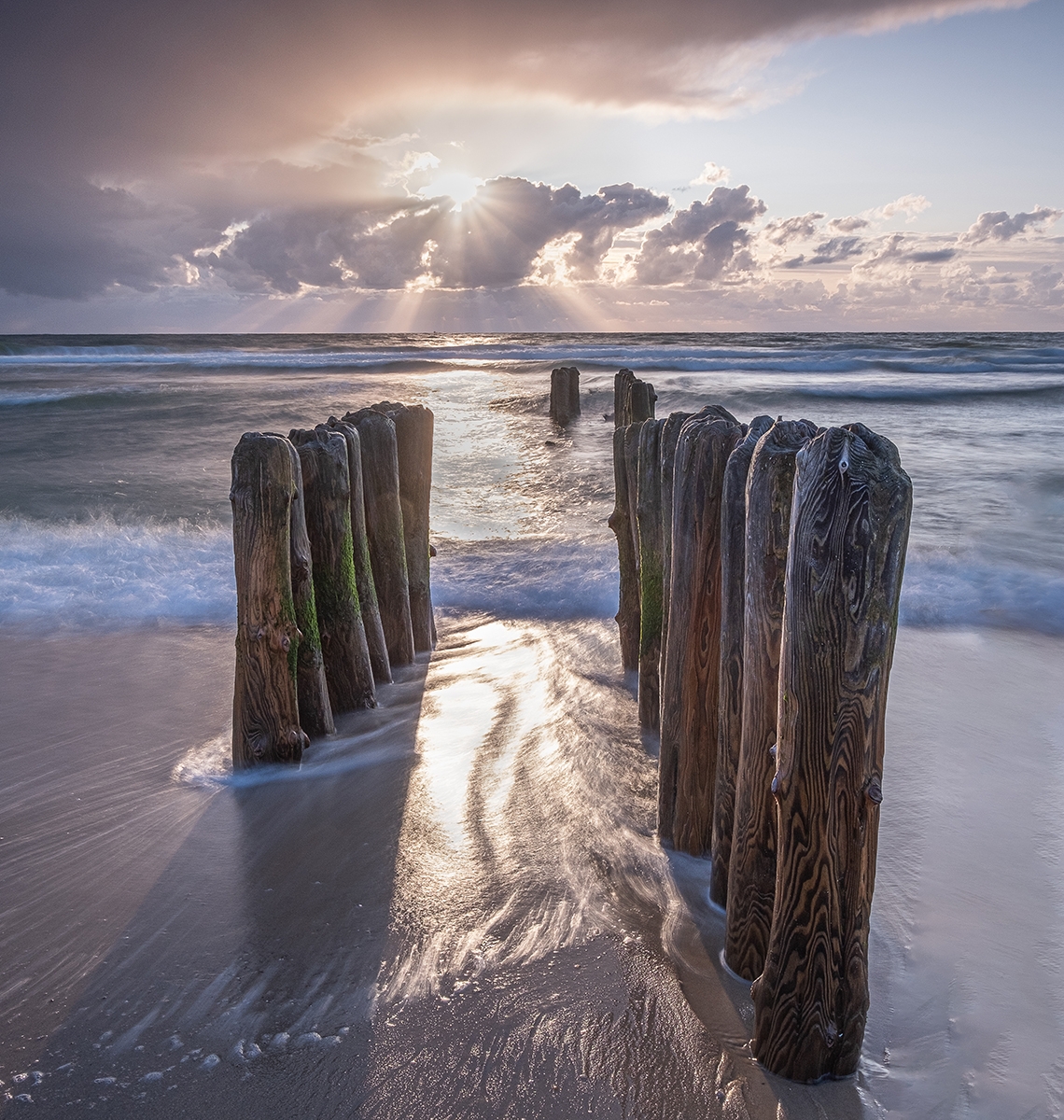Madrid, Spain, 25–27 September 2023.
CHARTING THE COURSE: REIMAGINING OPEN SCIENCE FOR NEXT GENERATIONS – The Open Science FAIR 2023
Open Science FAIR 2023 – the emblematic initiative of OpenAIRE – returns to its in-person format from 25–27 September in Madrid, Spain. This year the event will be co-organised with OpenAIRE’s Spanish NOAD, the Spanish Foundation for Science and Technology (FECYT) from the Spanish Ministry of Science and Innovation, as well as key European projects and global initiatives.
The fourth edition of the OS FAIR aims at reflecting on the future of Open Science, what lies ahead and how we can work together, pave the way and focus on charting the future of Open Science for future generations. The conference will bring together different communities and experiences from around the world to identify synergies, share good practices and develop collaborative interfaces. An exciting programme with dynamic sessions will be put together and it will include keynote speeches by distinguished speakers, roundtable discussions, workshops and training sessions, as well as demo sessions. OS FAIR will bring together perspectives from different actors and will suggest ways on how communities can work together to produce roadmaps for the implementation of Open Science.
The OS FAIR welcomes all actors of the research communities and infrastructures, including: librarians, repository managers, content providers, service providers, research administrators, facilitators of research, learned societies, publishers, policy makers and funders, citizen science groups and initiatives, and innovators in scholarly communication.
The FAIR-IMPACT project will feature at the Open Science FAIR 2023.
